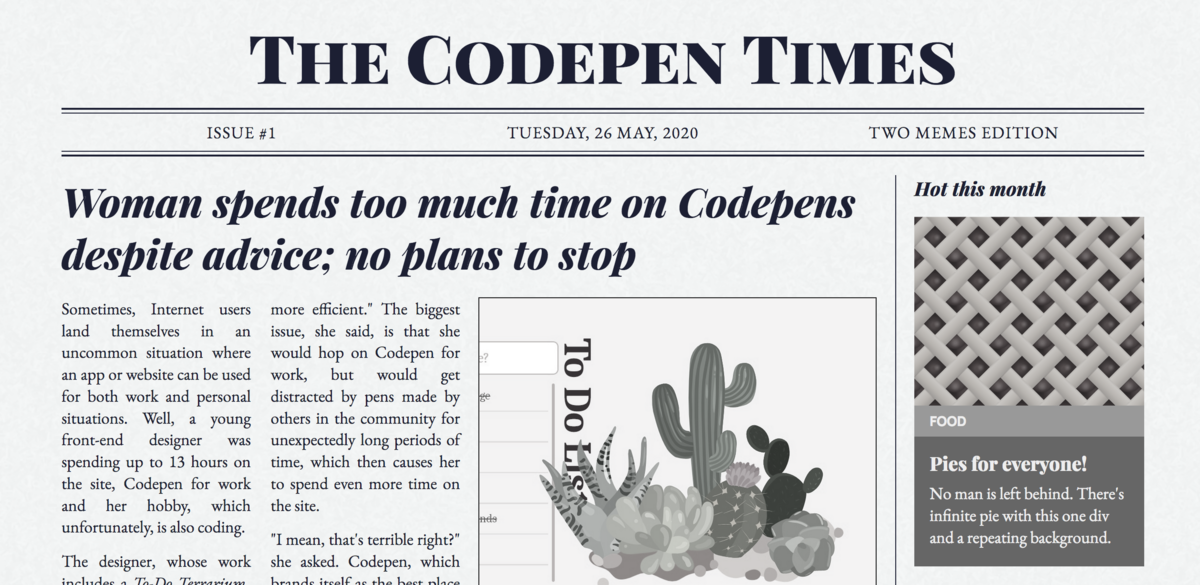This week we’re talking with Cory Doctorow (this episode contains explicit language) about his newest book Chokepoint Capitalism, which he co-autored with Rebecca Giblin. Chokepoint Capitalism is about how big tech and big content have captured creative labor markets and the ways we can win them back. We talk about chokepoints creating chickenized reverse-centaurs, paying for your robot boss (think Uber, Doordash, Amazon Drivers), the chickenization that’s climbing the priviledge gradient from the most blue collar workers to the middle-class. There are chokepoints in open source, AI generative art, interoperability, music, film, and media. To quote Cory, “We’re all fighting the same fight.”
Cory Doctorow: Look, there are individual moves, but there’s a limit to the power of individual action, right? If you cannot think of yourself as being part of a group or a polity or class, then there will be a limit to what you can accomplish. Here’s an example that is pretty contemporary, because it deals with the question about AI art. And I’ll just say, as a blanket kind of disclaimer, it’s not artificial, it’s not intelligence, there is no learning. It is statistical inference, or whatever you want to call it. We have to kind of concede a lot of ground to call it AI. It’s like if they decided to call it magic miracle technology, and every time you talked about it you have to go like “Magic miracle technology…” But for the sake of like clarity, let’s just call an AI art, right? So Taylor Swift - very powerful recording artist. She’s arguably the most powerful recording and touring artist in the world. Spotify had colluded with the big three labels to do some extraordinarily dirty stuff.
So when Spotify was launching, they needed to license the catalog of the big three labels Universal, Warner and Sony control six 70% of all the sound recordings in the world, and 60% of all the all the compositions. So you can’t make a move without them. They didn’t invest in that music, they just bought the companies. Again, anti-competitive mergers allowed them to acquire this market dominance. And so when Spotify started, they needed to get the labels on board, and the label said, “Okay, you have to make us your business partners. We want large equity stakes, and we are going to tell you how Spotify works.” And so Spotify did that. And what the label said is “We want the lowest possible royalty rate for the music that you license from us, but we want a minimum guaranteed monthly payout.” So like if your Sony, say, 1/6 of a cent per stream, or whatever it is, and you’re guaranteed $10 million a month… Maybe all the Sony streams streamed this month only add up to $5 million, but Spotify owes you 10 million. The other 5 million are what are called unattributable royalties, and you can do whatever you want with them. You can do them for like new artist development, which might just be sending executives around the world to shows, or you can spend it on studio upgrades, or you can give it as dividends, or whatever. It’s your money.
But the other reason they wanted that rock bottom rate is that every dollar they took out of the company as licensors was a dollar that counted against its cost basis, and made the shares that they had as owners less valuable. Because Spotify gets less profitable the more it has to pay for streams. And so they not only negotiated this, they negotiated something called “most favored nation status”, which means that Spotify could not pay anyone more than they paid the big three, except the other labels, the 30% of labels and independent artists who aren’t the big three - they don’t get minimum monthly payouts, free inclusion on playlists, free advertising, and they don’t get shares. They just get six tenths of a cent per stream.
[42:12] So they then got these huge tranches of shares, which then were worth 10s of billions of dollars when Spotify IPOed. And Taylor Swift was changing labels. And Universal really wanted her to change to Universal. And she said, “I will do that provided that you share that money with the artists, and that you share it with them on a net basis.” So if you make an album, you get paid in advance, and you owe that money back to your label, and then you go into production, and all the money spent in the production is also owned to your label, right down to the taxi fare, to your launch party, and the champagne they serve at it, you owe every penny of that back to your label.
The labels pay you extraordinarily small royalties. The Beatles used to split one penny for ways per LP, but not the whole penny. They got 85% of a penny, because 15% was held back for promotional copies, right? So you will never pay off that debt. And so there are lots and lots of artists who saw their advance and never saw another penny. And if Universal will share the money with them when they could just go in and they say “Okay, well, you owe us $300,000 that you’re never gonna be able to pay back. We’ve just applied some of that Universal money to your account. Now you owe us $200,000 that you’re never gonna be able to pay back”, and they wouldn’t actually give them a penny. Taylor Swift said, “No, you’re gonna give everyone a check.”








